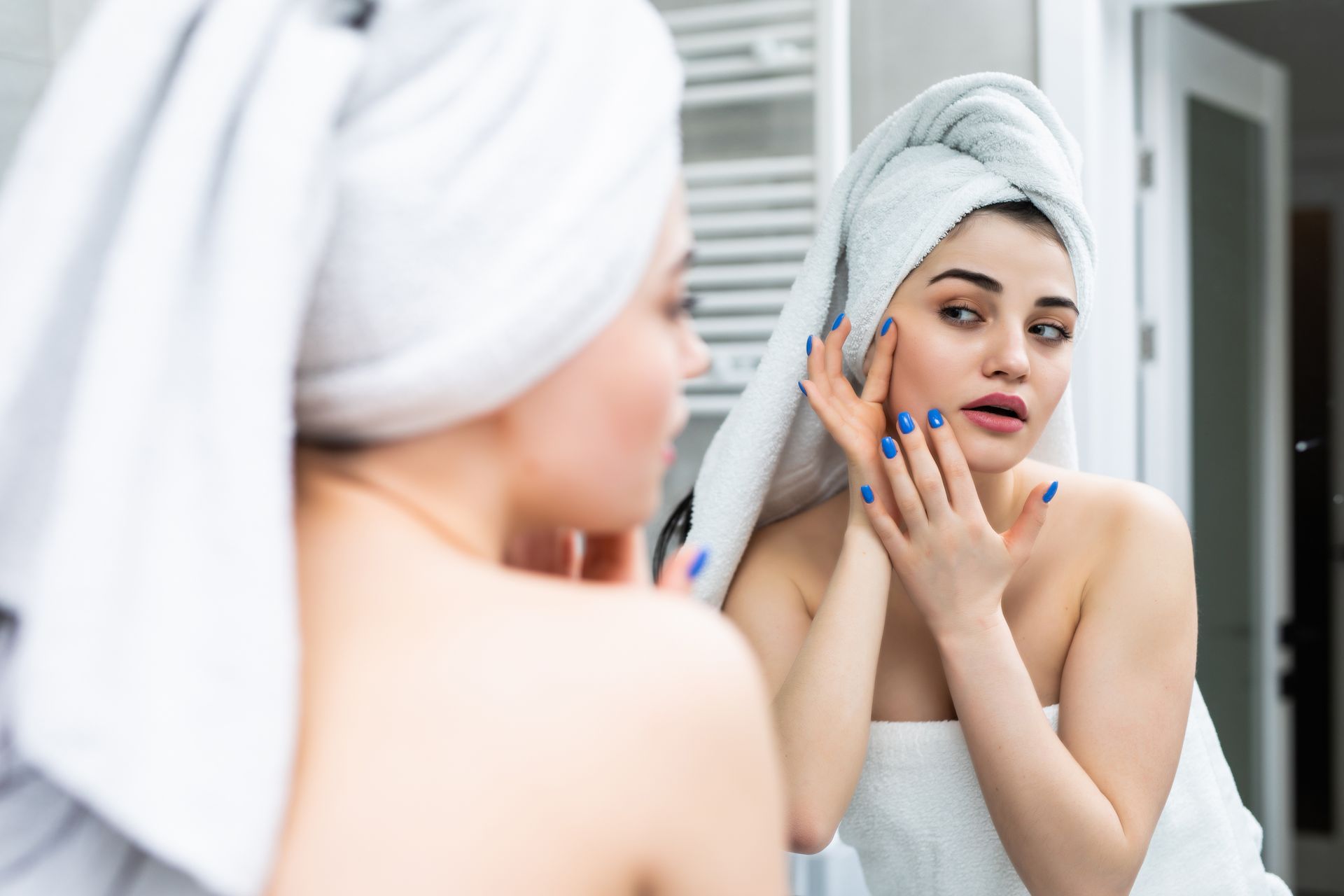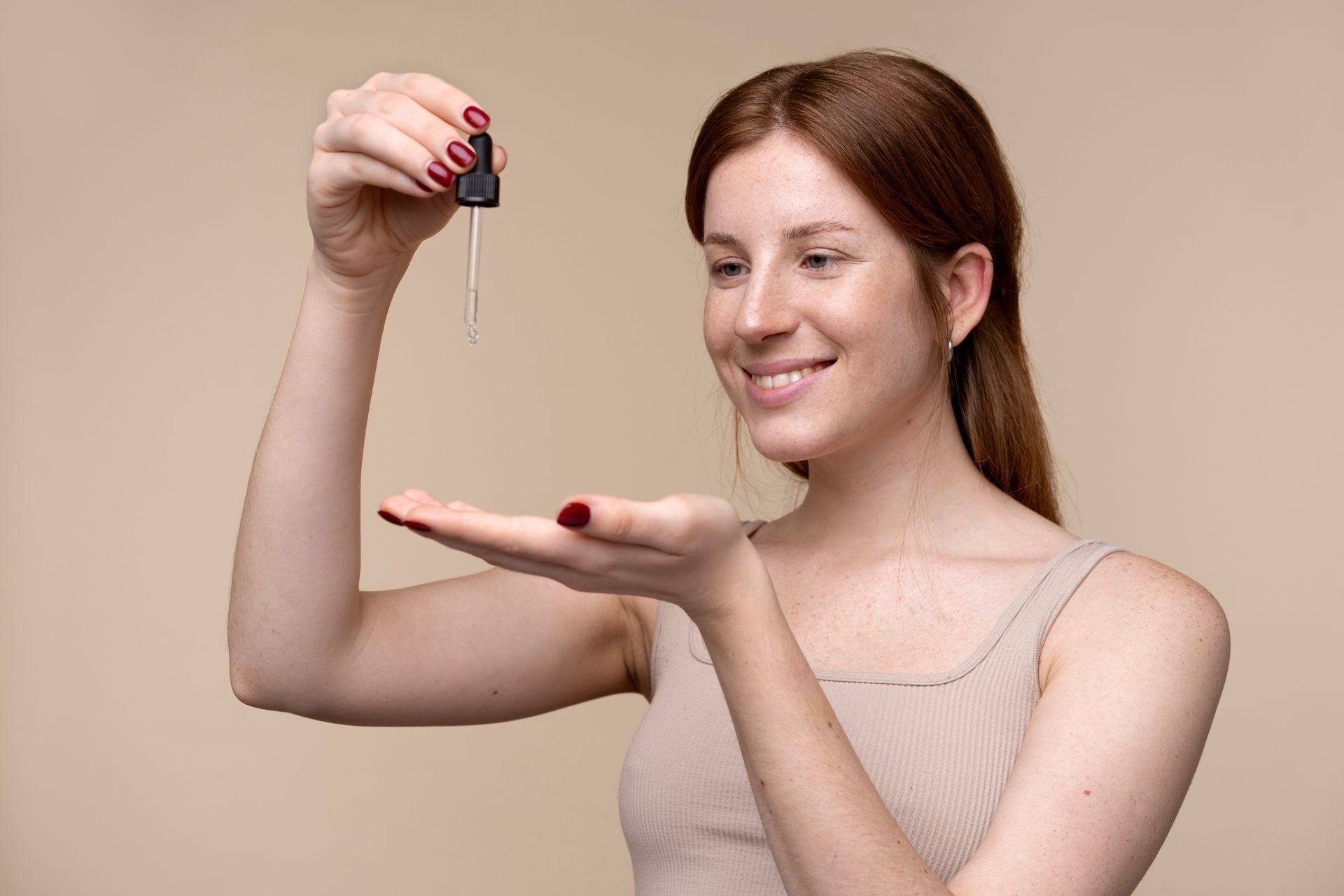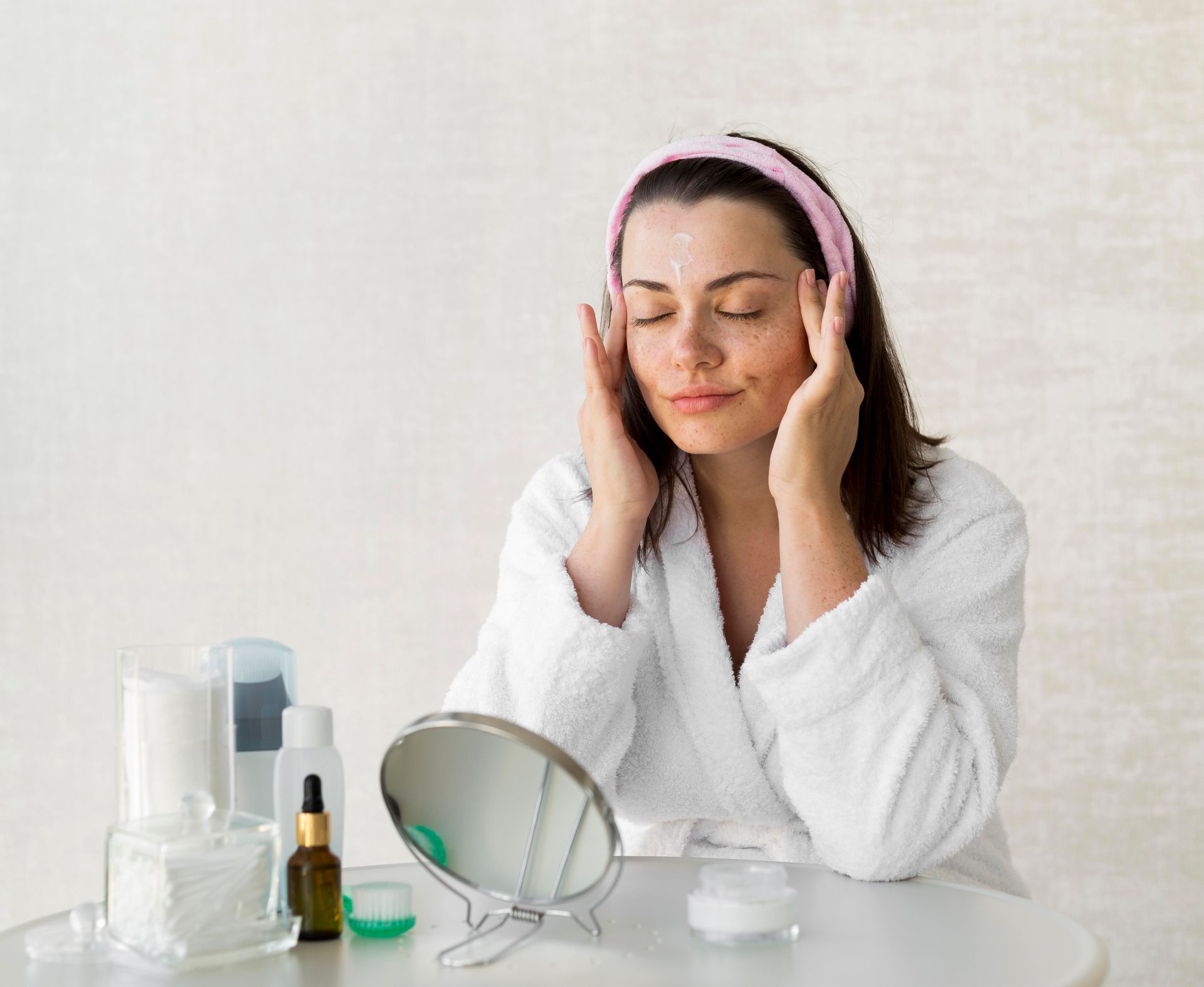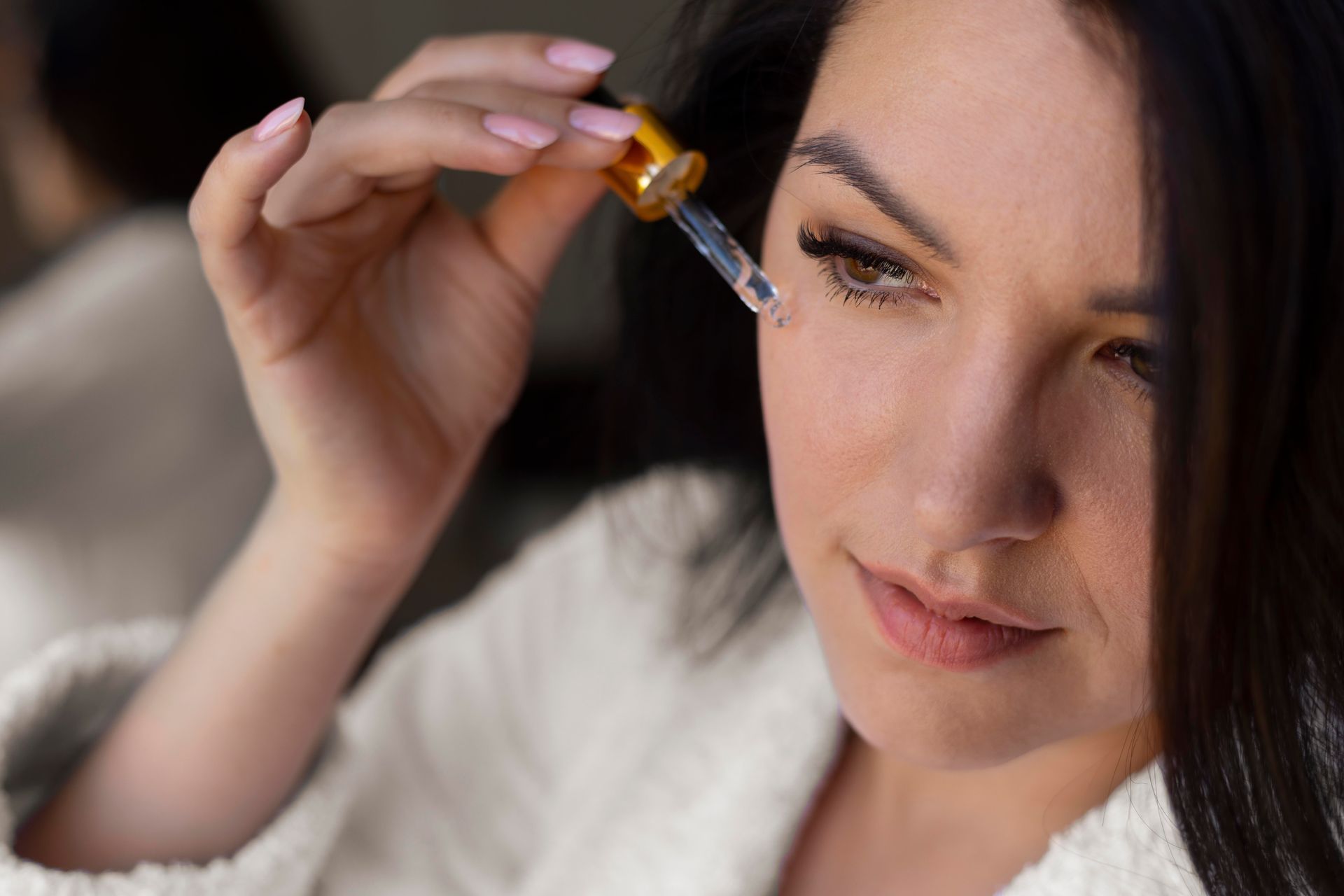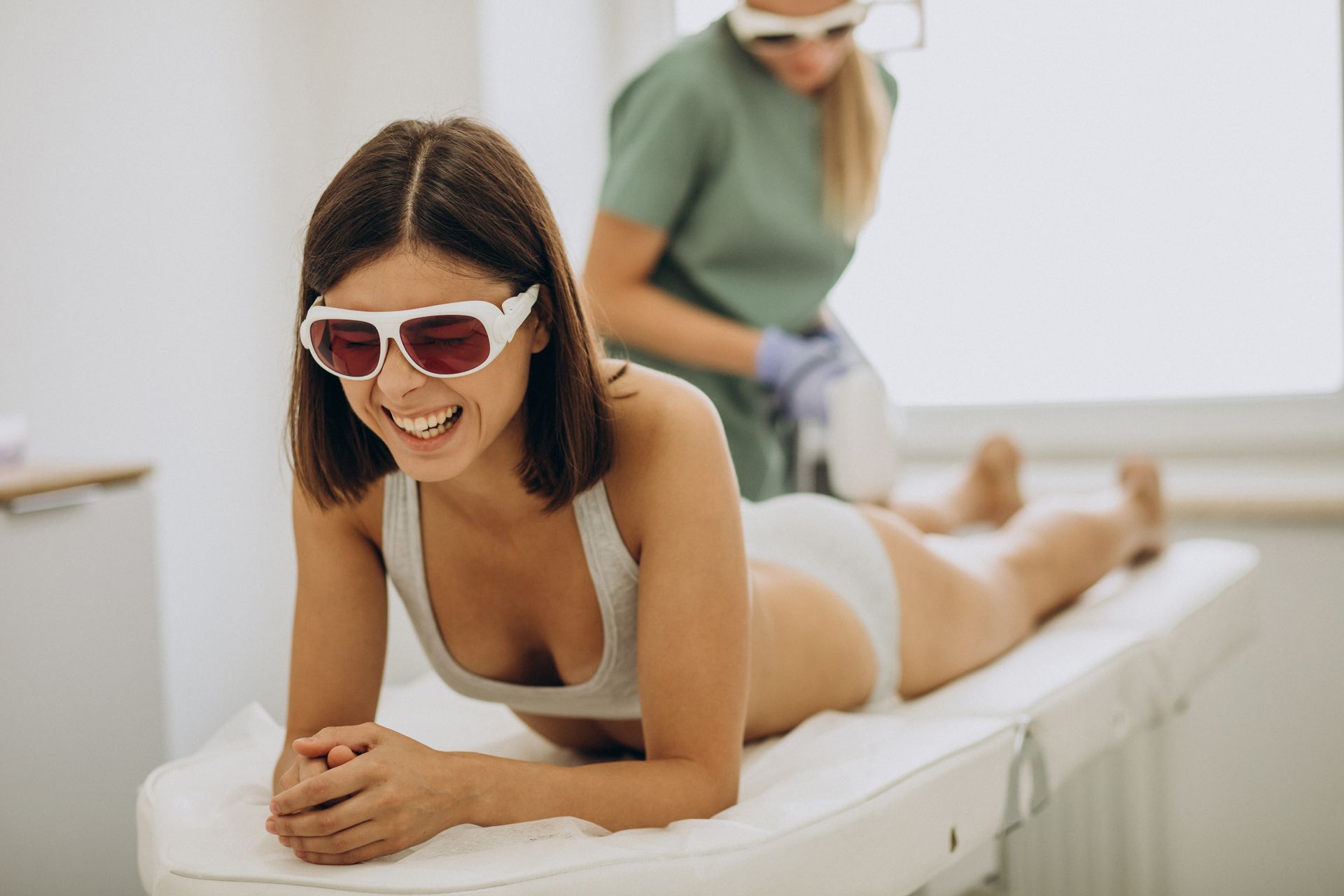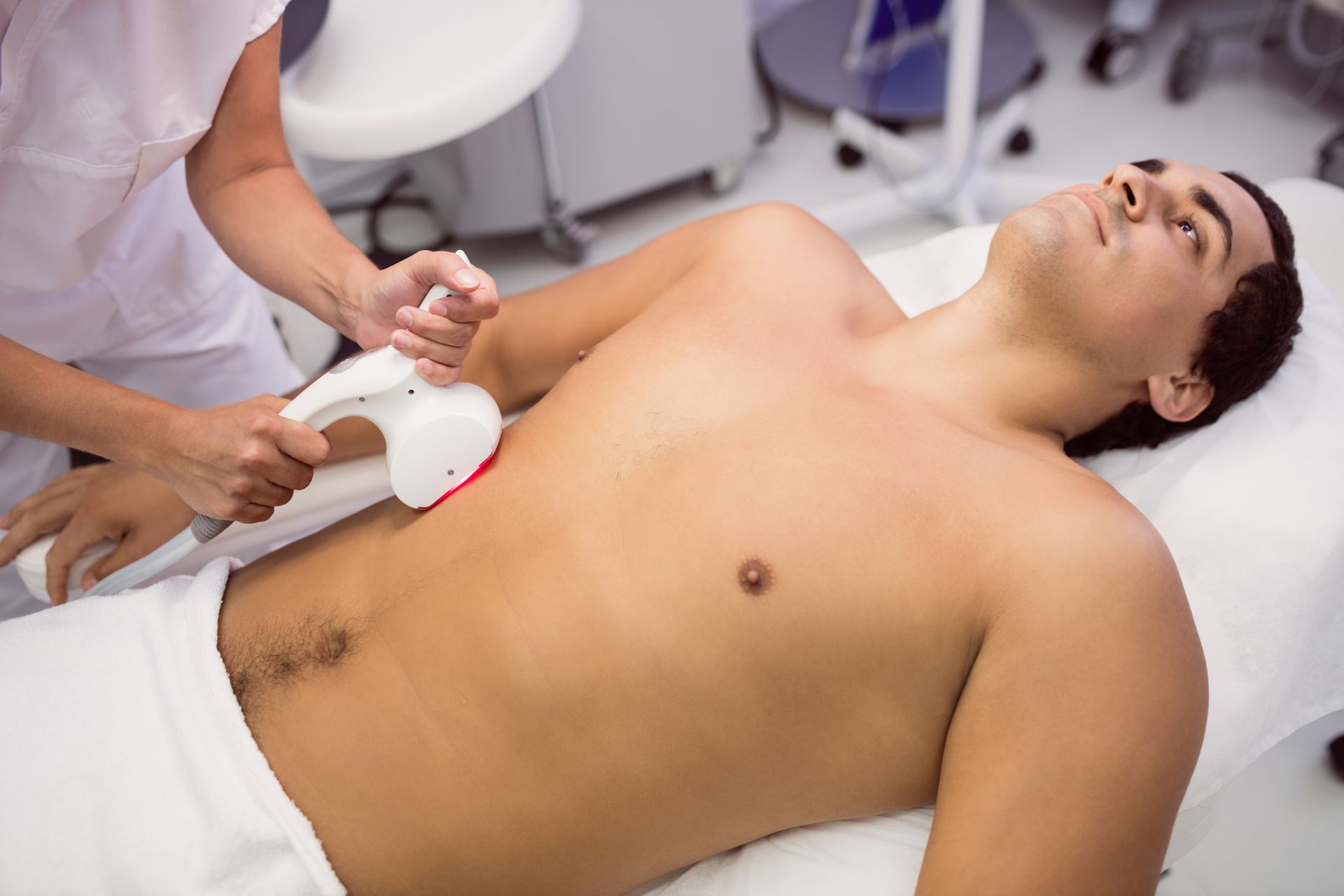Does Laser Hair Removal Help With Underarm Odor?
Underarm odor is a common concern for many people, often leading to embarrassment and discomfort. While deodorants and antiperspirants are the go-to solutions for managing this issue, some individuals are turning to laser hair removal as a potential remedy. But does laser hair removal actually help with underarm odor? We will explore the relationship between laser hair removal and body odor, how it works, and whether it makes a difference in your daily life.
Understanding the Causes of Underarm Odor
Before diving into whether laser hair removal can help with underarm odor, it's important to understand what causes it. Underarm odor primarily results from the interaction between sweat and bacteria on the skin. The underarms are home to a large number of sweat glands, specifically apocrine glands, which produce a thicker, milky sweat that bacteria love to feed on. When these bacteria break down sweat, they produce the unpleasant smell associated with body odor.
Regular hygiene practices, including washing your underarms daily and using antiperspirants, are essential steps in controlling odor. However, these methods may not always be enough, especially for individuals who sweat excessively or have a stronger natural body odor.
How Does Laser Hair Removal Work?
Laser hair removal is a cosmetic procedure that uses concentrated beams of light to target and destroy hair follicles. The laser emits light absorbed by the pigment (melanin) in the hair, which is then converted into heat. This heat damages the hair follicle, inhibiting or delaying future hair growth.
The procedure is popular because it offers a long-term solution to unwanted hair, reducing the need for shaving, waxing, or plucking. But beyond hair removal, some people believe that laser treatments can help reduce underarm odor.
The Link Between Hair Removal and Odor Reduction
So, does laser hair removal help with underarm odor? The answer is yes, but indirectly. Here’s how:
Reduction in Hair Growth: Hair can trap sweat and bacteria, creating an environment where odor can thrive. By reducing or eliminating underarm hair, laser hair removal can decrease the surface area where bacteria can accumulate. This reduction in hair means less sweat is trapped, making it easier for your skin to stay clean and dry.
Fewer Bacteria: With less hair to trap bacteria, there's a lower chance of bacterial buildup. Since bacteria are a major contributor to underarm odor, reducing their presence can lead to a decrease in the intensity of the smell. Although laser hair removal doesn't directly kill bacteria, it creates a less hospitable environment for them by removing the hair that holds onto sweat and bacteria.
Improved Hygiene: Without hair, it's easier to clean your underarms effectively. This improved hygiene can help reduce the overall production of odor. After laser hair removal, you may find that your underarms feel fresher for longer periods, even during hot weather or intense physical activity.
What to Expect During and After the Procedure
If you're considering laser hair removal to help with underarm odor, it’s essential to know what the process involves and what you can expect afterward.
The Procedure
Laser hair removal sessions for the underarms are relatively quick, typically lasting around 15 to 20 minutes. You may need multiple sessions to achieve the desired results, as hair grows in cycles, and the laser is most effective on hair in the active growth phase. Most people require between 4 to 6 sessions, spaced several weeks apart, to see significant hair reduction.
Aftercare
After each session, you may experience some redness or mild discomfort, similar to a sunburn, which usually subsides within a few hours. It's important to avoid sun exposure and to follow any aftercare instructions provided by your technician to prevent irritation or adverse reactions.
Long-Term Effects
With repeated sessions, you'll likely notice a significant reduction in hair growth. This decrease can make it easier to maintain underarm hygiene and may lead to a noticeable reduction in odor over time. However, it's worth noting that laser hair removal may not completely eliminate all hair, and some fine or light-colored hairs may remain.
Considerations and Limitations
While laser hair removal can be an effective way to reduce underarm odor, it's not a magic cure. Here are a few things to keep in mind:
- Not everyone will experience the same level of odor reduction. Factors such as your natural sweat production, skin type, and hair color can influence the outcome. People with darker hair tend to see better results from laser hair removal because the laser targets the pigment in the hair.
- While laser hair removal offers long-term hair reduction, it doesn't guarantee permanent results. Some people may require maintenance sessions to keep hair growth at bay and continue to enjoy the odor-reducing benefits.
- Laser hair removal can be expensive, especially if multiple sessions are needed. Also, not everyone may have access to a reputable clinic or the means to afford the treatment. It's important to weigh the potential benefits against the cost and availability of the procedure in your area.
Conclusion
So, does laser hair removal help with underarm odor? While it’s not a direct treatment for odor, it can contribute to a reduction in underarm smell by minimizing hair and, consequently, the environment in which bacteria thrive. By reducing hair growth, laser hair removal makes it easier to keep your underarms clean, dry, and odor-free. If underarm odor is a significant concern for you and you're looking for a long-term solution, laser hair removal could be a worthwhile option to consider. As always,
consult with a qualified professional to determine if this treatment is right for you.


